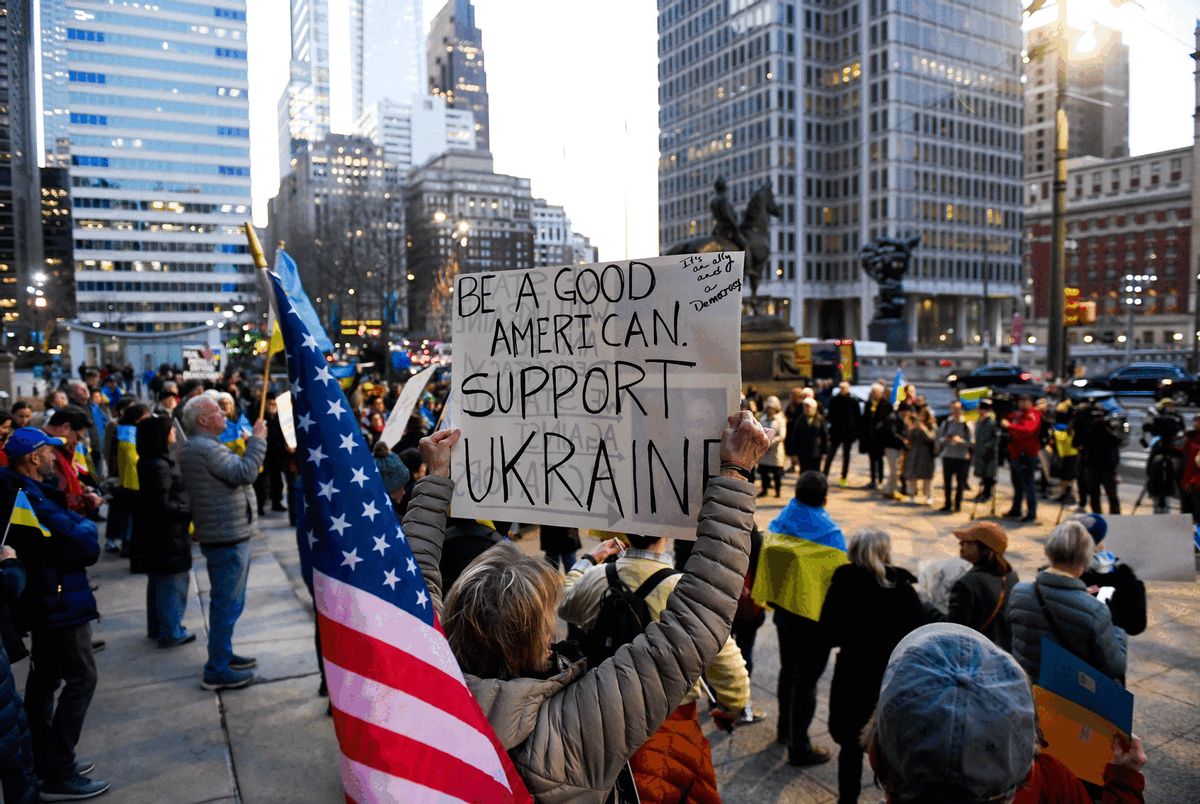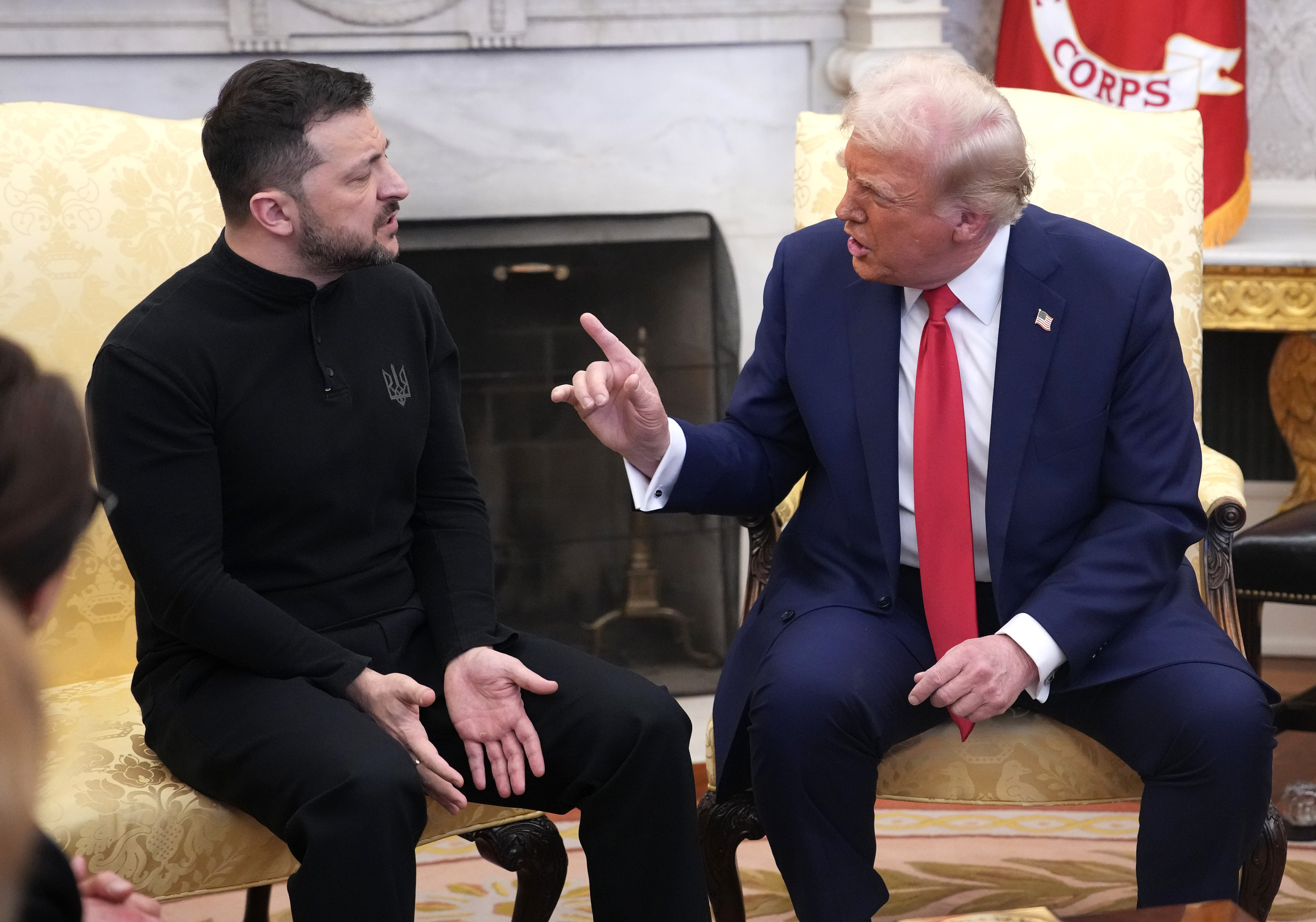Trump Administration Moves to Revoke Temporary Legal Status for Ukrainians Amidst Ongoing Conflict
Plans to eliminate temporary legal status for 240,000 Ukrainians could lead to deportations, signaling a shift in U.S. immigration policy under Trump.
Overview
The Trump administration is reportedly preparing to revoke temporary legal status for 240,000 Ukrainians who fled the conflict with Russia. This move, expected as early as April, represents a significant shift from the protections offered during Biden's presidency and may result in expedited deportation proceedings. The White House has denied reports of the plans, although Trump officials indicate a broader effort to dismantle humanitarian parole programs for over 1.8 million migrants, including substantial groups from Cuba, Haiti, Nicaragua, and Venezuela, is afoot. The implications for Ukraine's relationship with the U.S. remain concerning amidst ongoing hostilities.
Report issue

Read both sides in 5 minutes each day
Analysis
- The Trump administration is planning to revoke temporary legal status for over 240,000 Ukrainians in the U.S., marking a significant reversal from the protections provided under the Biden administration.
- The move to terminate legal status for Ukrainians is part of a broader effort to dismantle protections for various migrant groups in the U.S., with expedited deportation ramifications being a significant concern.
- The plans allegedly predated recent tensions between Trump and Ukraine’s president, indicating that the decisions are rooted in broader immigration strategy rather than immediate diplomatic fallout.
Articles (3)
Center (2)
FAQ
The Trump administration is revoking the temporary legal status of Ukrainians as part of a broader effort to dismantle humanitarian parole programs initiated by the Biden administration, affecting over 1.8 million migrants.
Approximately 240,000 Ukrainians are affected, and the revocation of their legal status could lead to expedited deportation proceedings.
In addition to Ukrainians, the plan affects over 1.8 million migrants, including substantial groups from Cuba, Haiti, Nicaragua, Venezuela, and Afghanistan.
The decision could further strain relations between the U.S. and Ukraine, especially following recent actions by Washington to halt military assistance and intelligence sharing with Ukraine.
History
- This story does not have any previous versions.


